Let’s be real — who hasn’t fantasized about leaving the noise, bills, and hustle behind for a quieter, simpler life? One where you wake up surrounded by trees, brew your coffee with solar power, and the only traffic you deal with is the occasional deer in the yard.
More and more people across Europe aren’t just dreaming about that life — they’re actually living it. And they’re doing it with modular off-grid homes.
These aren’t your average cabins in the woods. We’re talking beautifully designed, fully equipped, energy-efficient homes that can be dropped onto a plot of land and set up in a matter of weeks.
Whether you’re looking to downsize, escape the city, or live more sustainably, modular off-grid homes are worth a serious look. This article will walk you through why they’re gaining popularity, what to look for, and some real examples you can check out today.
Why Modular Off-Grid Homes Are Catching Fire
A few years ago, I was paying through the nose for rent in a crowded city and barely keeping up with bills. I started exploring alternative lifestyles and stumbled on a community in Portugal living off-grid — completely self-sufficient, growing their own food, and living in gorgeous little prefab homes.
I was hooked.
Here’s why so many people are jumping on board:
- They’re affordable. A decent modular home starts at around €30,000 — sometimes less. Compare that to average house prices in Europe, and it’s not even close.
- You can move in fast. Some units are ready to go in 6–8 weeks.
- Eco-friendly living made simple. These homes are built to be energy-efficient and easy to set up with solar panels, water tanks, and composting toilets.
- They’re low-maintenance. No massive renovation projects or overwhelming upkeep.
The best part? You don’t have to be a hardcore minimalist to make it work. These homes can be surprisingly cozy, even luxurious.
What to Look for Before You Buy
Not all modular homes are created equal, especially when it comes to living off the grid. From my own experience (and a few lessons learned the hard way), here are the must-haves:
1. Reliable Energy Setup
Go for homes that come with — or are at least compatible with — solar panels and battery storage. A good 3–5 kW solar setup with a backup battery can keep you powered up comfortably.
2. Rainwater Collection & Filtration
Access to clean water is a deal-breaker. Look for systems that collect rainwater and filter it for daily use. Bonus if it includes greywater recycling for your garden.
3. Good Insulation
If you’ve ever tried sleeping in a poorly insulated cabin in the Alps in November… you know. Make sure the home has solid insulation, good windows, and a passive heating design.
4. A Bathroom That Works Without Plumbing
A proper dry or composting toilet is a lifesaver. No smell, no sewage system needed, and totally low-impact.
5. Climate Compatibility
What works in sunny southern Spain might not cut it in northern Sweden. Make sure the model you choose is built for your specific weather — heat, snow, humidity, whatever.
Real Modular Off-Grid Homes You Can Buy in Europe
After months of research (and quite a few emails to manufacturers), here’s a shortlist of actual modular off-grid homes available now in Europe.

Ecocapsule – Slovakia
- Price: from €89,000
- Size: 8.2 m²
- Power: Solar + wind turbine + 10kWh battery
- Water: Built-in rain collection & filtration
- Standout feature: Space-age look, fully self-sufficient, ultra-portable
- Website: ecocapsule.com
If you’ve ever wanted to live in a sci-fi pod in the middle of nowhere, this is it. Ideal for solo adventurers or off-grid minimalists.

Cabin One – Germany
- Price: from €95,000
- Size: 27–50 m²
- Power: Solar-ready
- Water: Greywater system available
- Standout feature: Modern design with smart-home tech
- Website: home-one.com
Think Scandinavian design meets high-end tiny house. If you want off-grid comfort with a minimalist aesthetic, this one’s worth a look.

Nolla Cabin – Finland
- Price: from €35,000
- Size: 9 m²
- Power: Solar-powered
- Water: Manual setup
- Standout feature: Ultra-light and fully off-grid
- Website: nollacabins.com
Designed for minimalists and nature lovers who don’t mind going ultra-basic. No frills, just forest.

Green Tiny – Hungary
- Price: from €30,000
- Size: 34-36 m²
- Power: Pellet stove and climate system
- Water: Manual setup
- Standout feature: Perfect for colder climates
- Website: greentiny.house
One of the best choices if you’re dealing with cold winters and long, dark seasons. Solid build, cozy interiors, and great efficiency.

Tini Modular – Spain
- Price: from €55,000
- Size: 23–70 m²
- Power: Off-grid options available
- Water: Optional filtration systems
- Standout feature: Fully customizable, warm design
- Website: tiniliving.com
Sleek, functional, and surprisingly spacious. Ideal for Mediterranean climates or creative DIY types who want to personalize their space.

MyHomeLiving – France
- Price: from €60,000
- Size: 20–60 m²
- Power: Solar + battery ready
- Water: Greywater & rain collection options
- Standout feature: Great balance between comfort and independence
- Website: tinyhomestore.fr
This French brand delivers if you’re looking for something family-friendly or a bit more conventional.
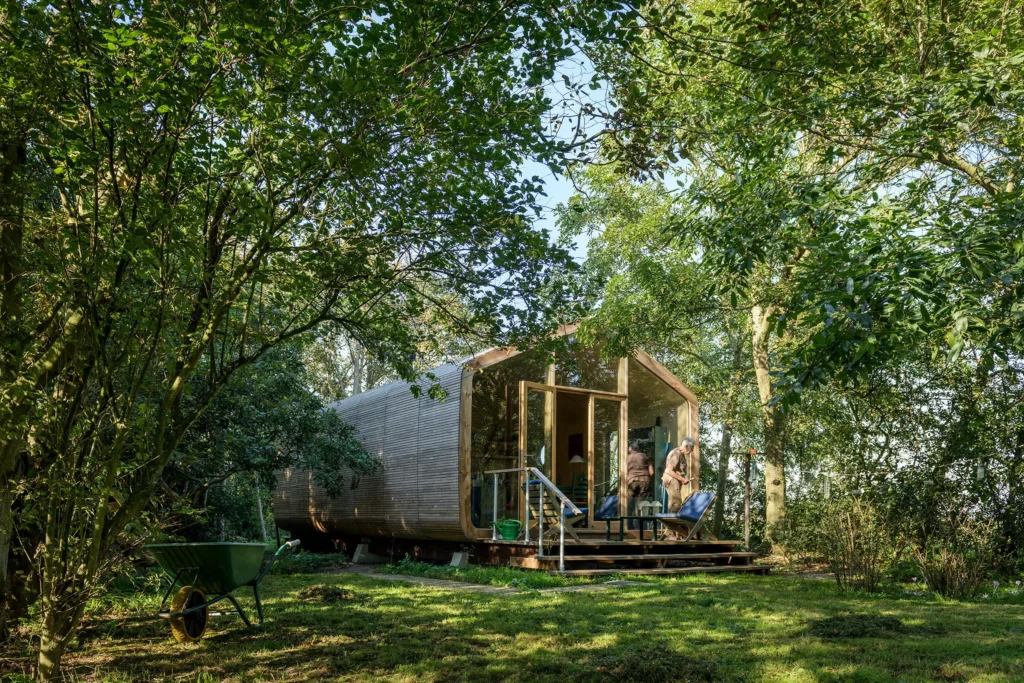
Wikkelhouse – Netherlands
- Price: from €90,000
- Size: 15–60 m²
- Power: Custom off-grid setups
- Water: Depends on configuration
- Standout feature: Built with recycled cardboard (yes, really)
- Website: wikkelhouse.com
Unique, sustainable, and surprisingly durable. These homes are like giant eco-Lego pieces that snap together.
“But Where Do I Put It?”
That’s the million-euro question, right?
If you’ve found your dream home but don’t know where to place it, here are some ideas:
- Buy a rural plot in Portugal, Hungary, or Bulgaria — some of the best deals in Europe right now.
- Join a land co-op or off-grid community — they often have spaces ready for modular homes.
- Lease land from farmers or friends — this is surprisingly common in France, Spain, and Italy.
Just make sure to check local planning laws. Countries like Finland, Portugal, and Sweden are more relaxed when it comes to off-grid zoning.
Final Thoughts
Living off-grid isn’t just for hardcore survivalists or YouTube homesteaders. It’s for anyone who’s tired of the rat race and wants something more grounded, more intentional.
And modular homes are making that shift more accessible than ever.
They’re not just boxes with solar panels — they’re well-designed, eco-friendly spaces where you can actually live well, affordably, and independently.
If you’ve been thinking about making the leap, maybe this is your sign.

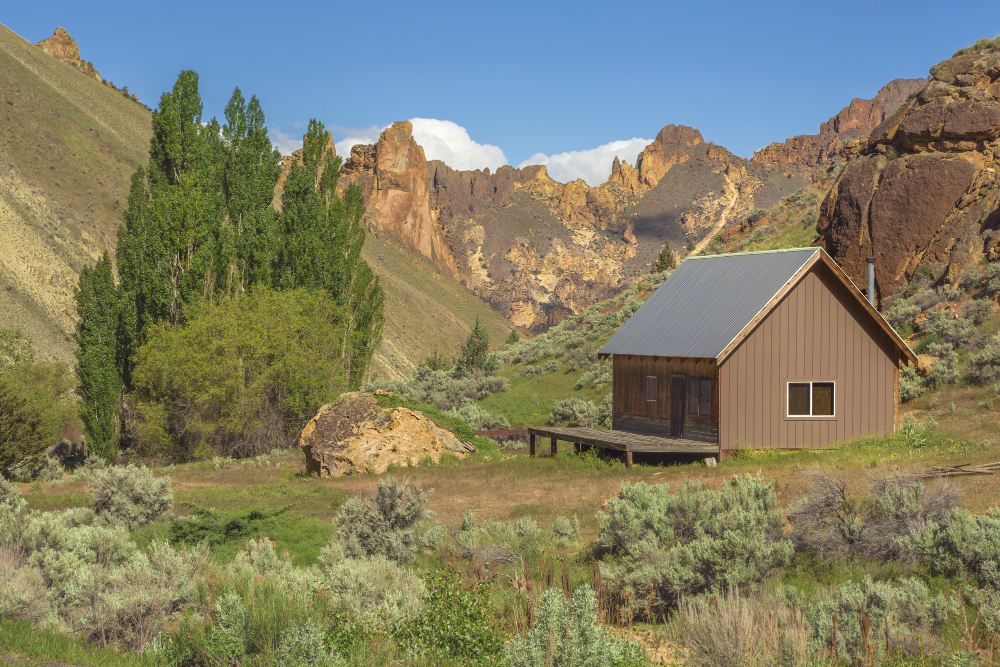
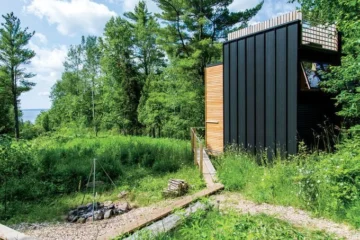
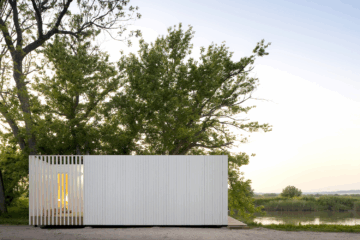
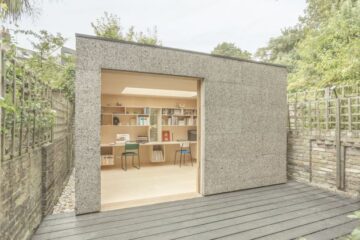
Very good article
Very good article.